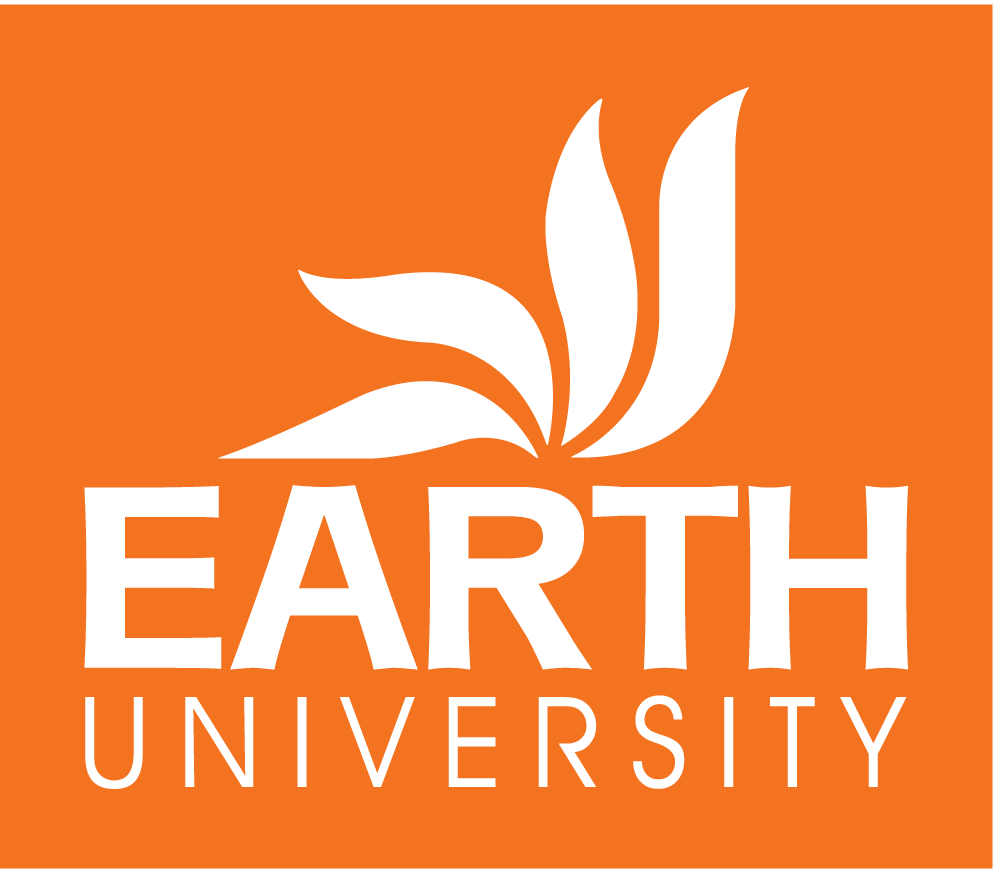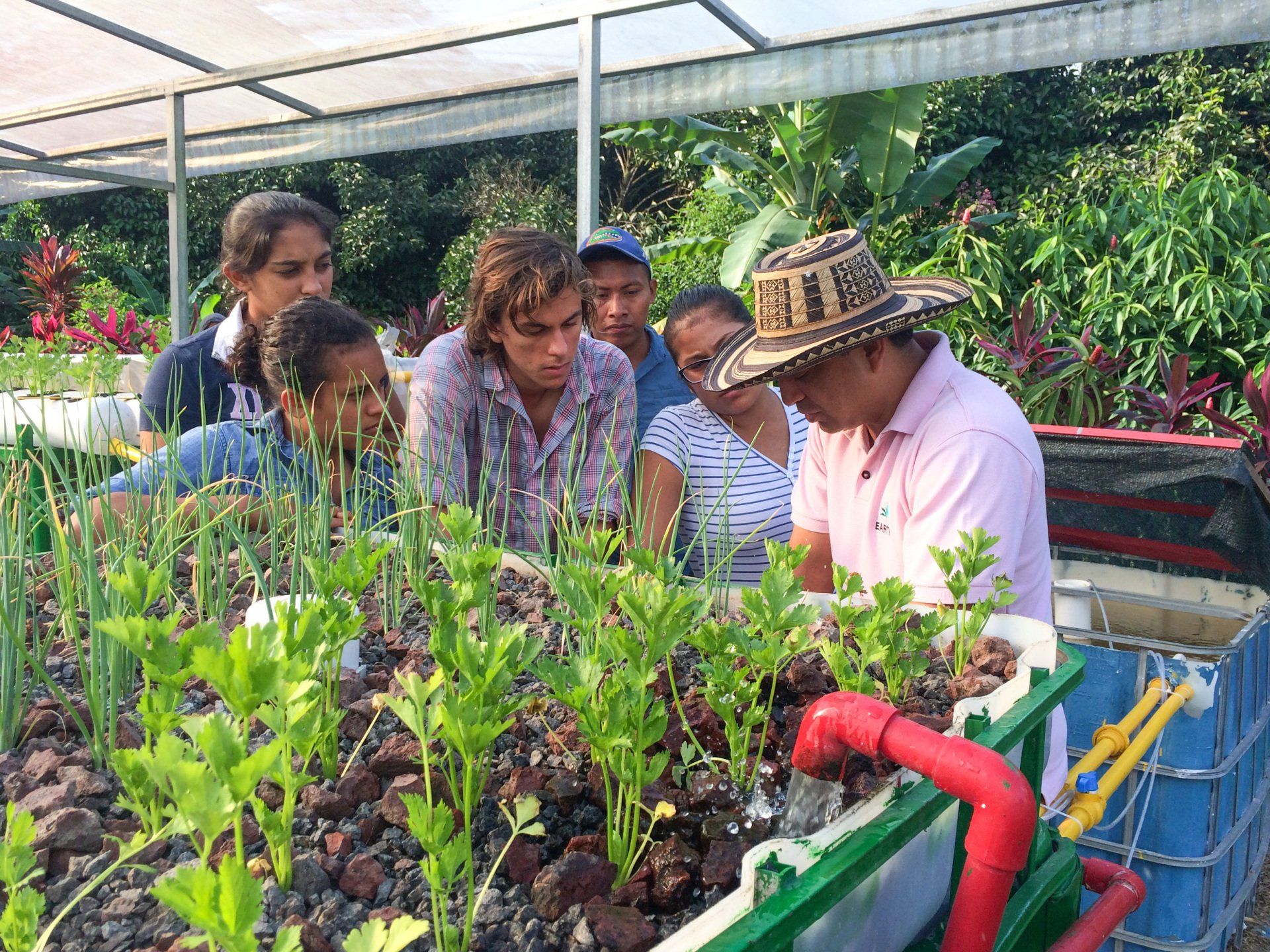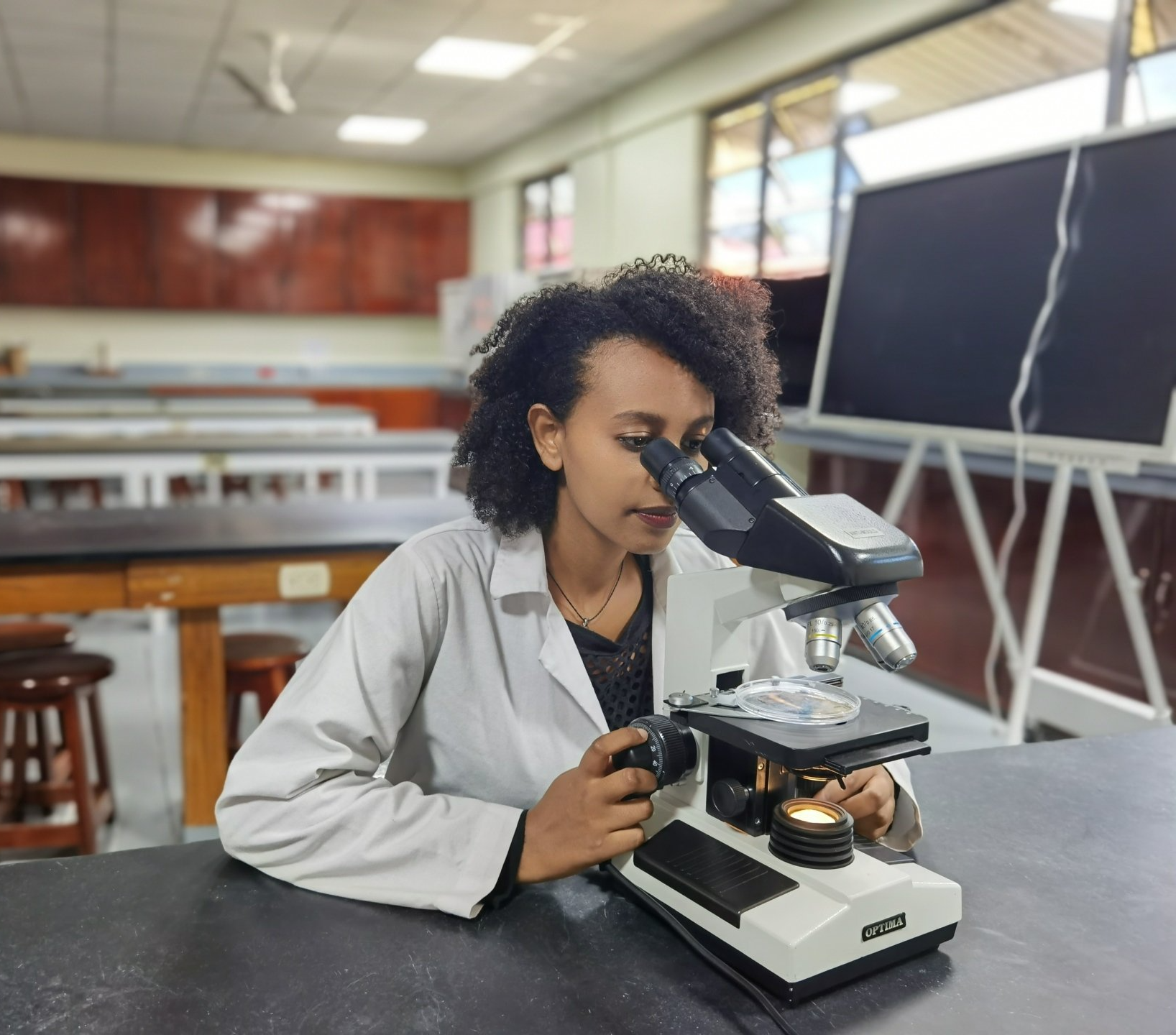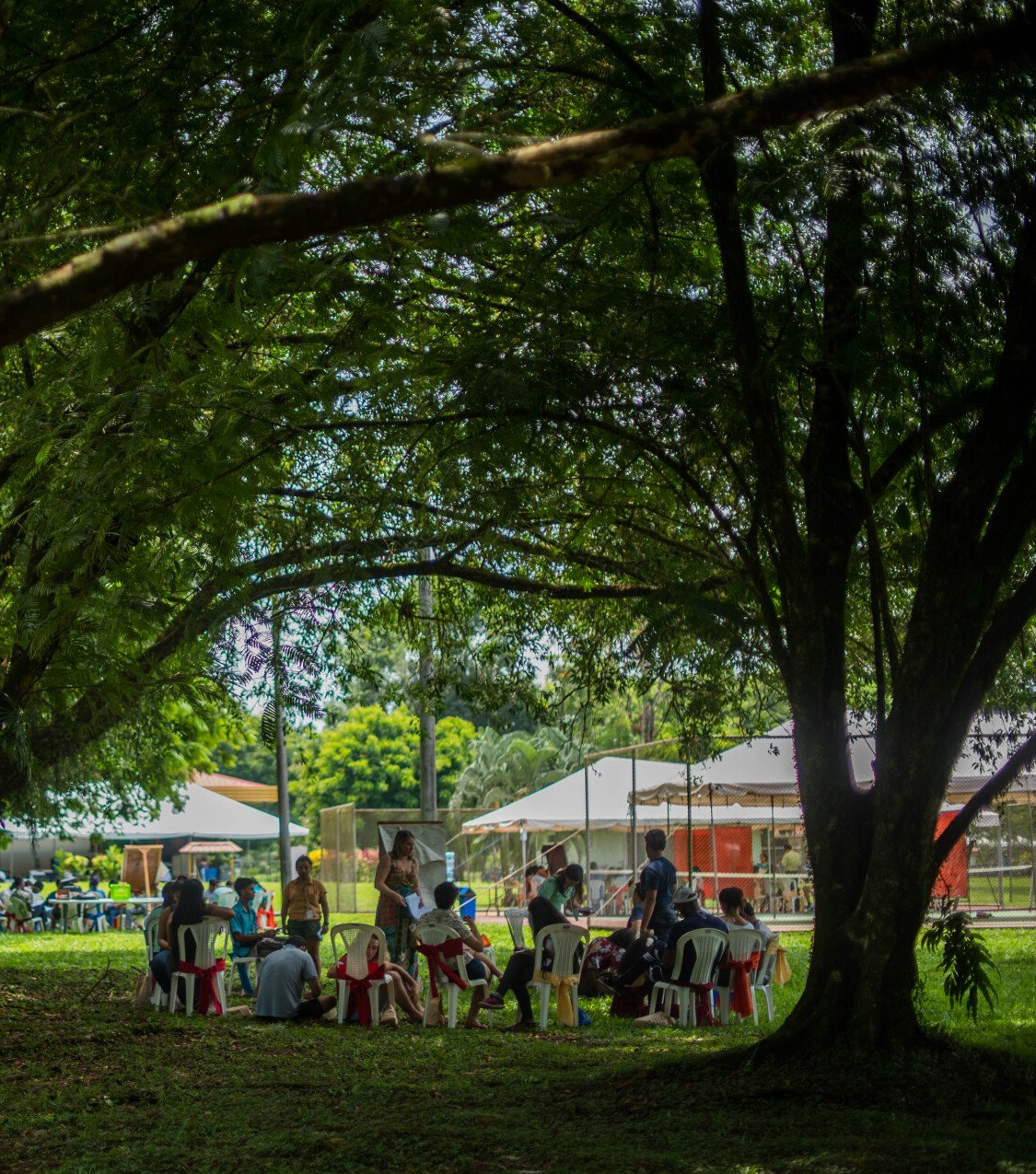Learning by Doing
Our curriculum takes a broad view of sustainable agriculture and provides students the opportunity to learn by doing, to run their own business, undertake an international internship, and work with community members to seek for solutions to real problems.
An education at EARTH: all you need to know
Leadership
Twice a week, you will work in different agriculture, livestock, and forestry production scenarios at EARTH's academic farms. In your final year, you will complete this experience with the Professional Experience course, in which you will develop and implement a work plan to supervise and coordinate your first- and second-year classmates and thus strengthen your leadership skills.
Entrepreneurship
On the first year, you will create a business feasibility plan with your classmates. Working as a team, you will analyze financial, social, and environmental factors of an agro commercial project. Once the project is approved, the University will grant you a loan to operate the company during the second year. During the third year, you will complete the project and evaluate its economic, social, and environmental factors. After paying back the loan, you will be able to split the earnings among all team members.
Internship
At the end of the third year, you will complete a 15-week internship. You will be able to choose between returning to your home country to start developing local contacts, or doing an international internship to expand your cultural understanding and your network of global contacts. This experience will allow you to develop negotiation and dialogue skills. In addition, you will face your first work experience. You will have the opportunity to travel and learn about the different agro commercial activities in other horizons.
Graduation Project
During your fourth-year, you will carry out research to find feasible solutions to the world's major challenges that could be solved with agriculture. Under the guidance of EARTH faculty, you will prepare a written Graduate Project and present your conclusion to the EARTH community.
Student-centered education
EARTH offers psycho-pedagogical and psychological support to each student.
To ensure the program's quality and continuity, the academic schedule is established by the Dean's Office and by class groups (individual classes are not available). Classes are mandatory and run from Monday until Saturday at noon.
Spanish Program
Since classes at EARTH are taught primarily in Spanish, all non-Spanish speaking students are required to take a one-year program, which offers a linguistic introduction to the language and to the culture.
This program is divided into two phases:
Phase 1
Intensive Spanish Immersion
From August to mid-January
Once you arrive to Costa Rica, you will receive 4 to 6 hours of daily Spanish in small groups. Classes run from Monday to Friday at our Guácimo Campus, and are taught by native teachers.
To complement your learning during this program, you will be assigned to live with a host family close to Campus.
Phase 2
Regular Spanish Classes
From mid-January to August
In January, you will leave your host family to start your regular career classes at EARTH while receiving weekly Spanish classes. For this phase, classes will run two hours per week at times assigned by the Dean's Office. At the end of the program, you will receive a certificate validating your proficiency in Spanish.
Costs for the Spanish Program
The cost for the Spanish program is reviewed every year. It includes the cost of classes for both phases and accommodation with a host family, meals, transportation to and from campus and medical insurance for the first phase. For more information please contact your Admissions Officer.
Students with a full scholarship assigned by EARTH do not have to cover these costs. For more information on scholarships, please click on the Scholarships button.




